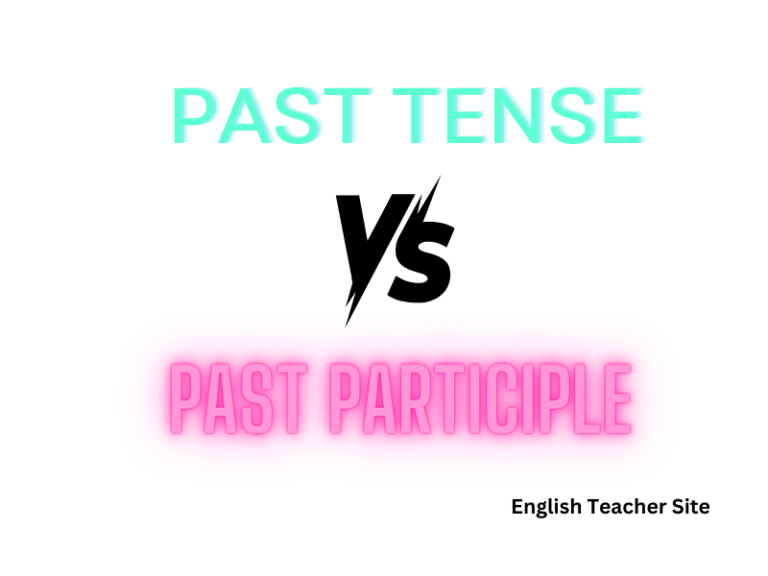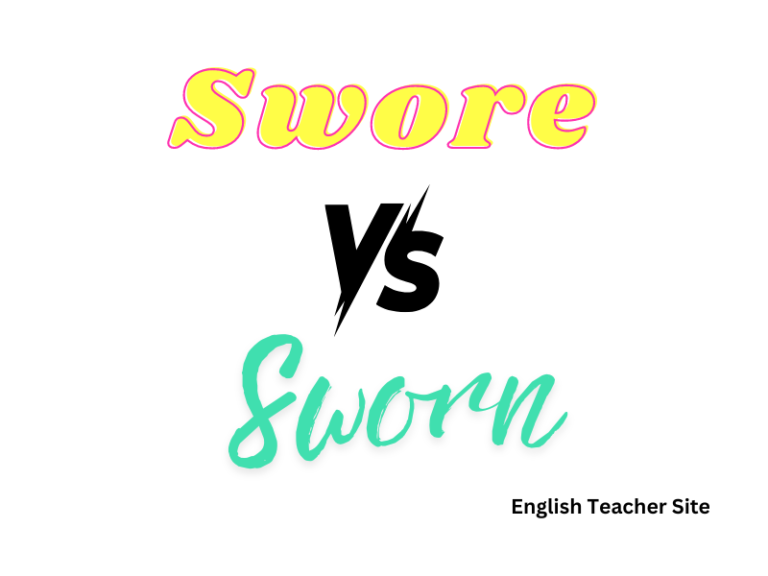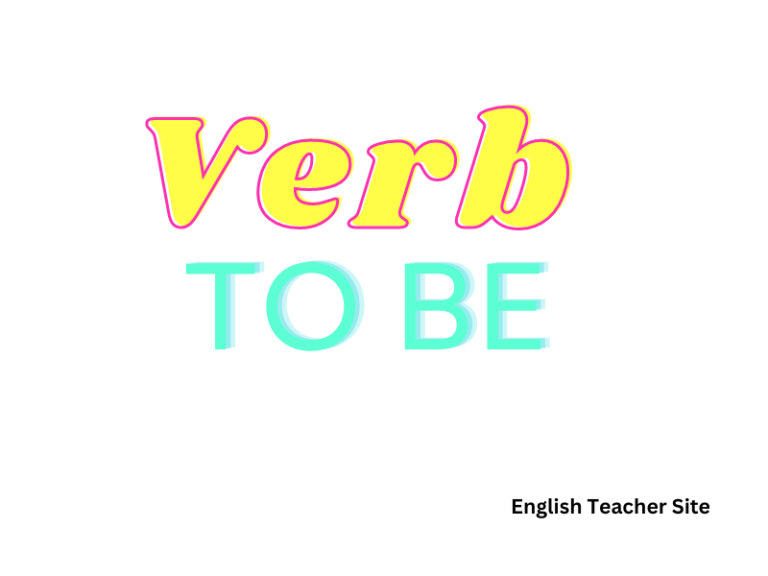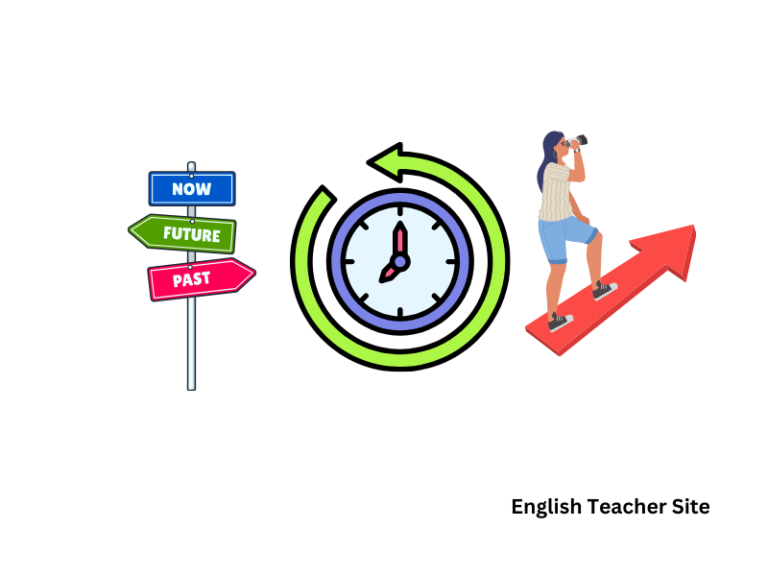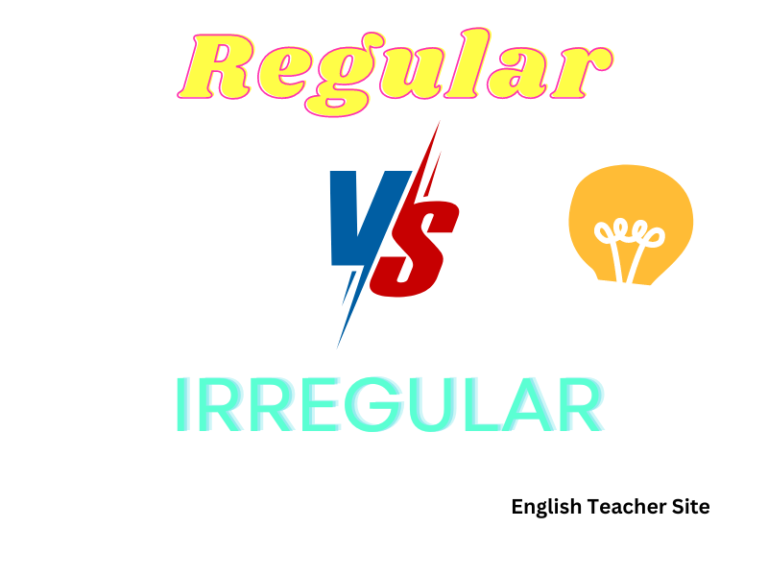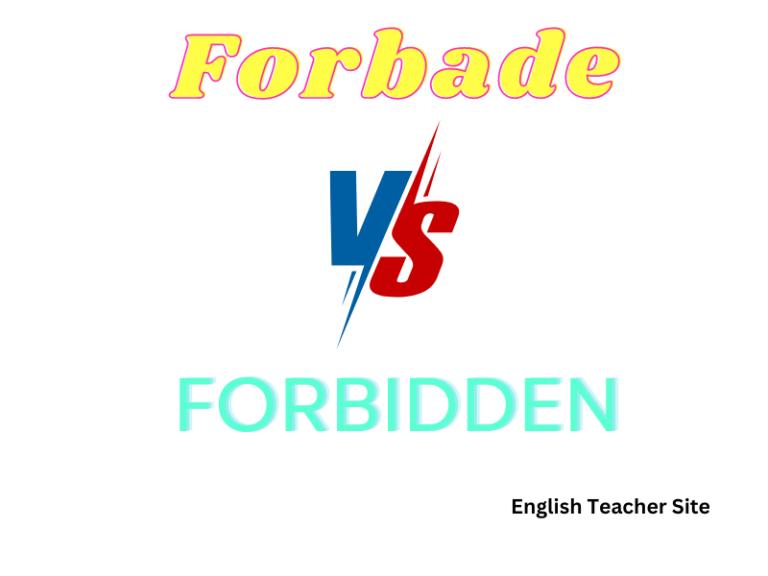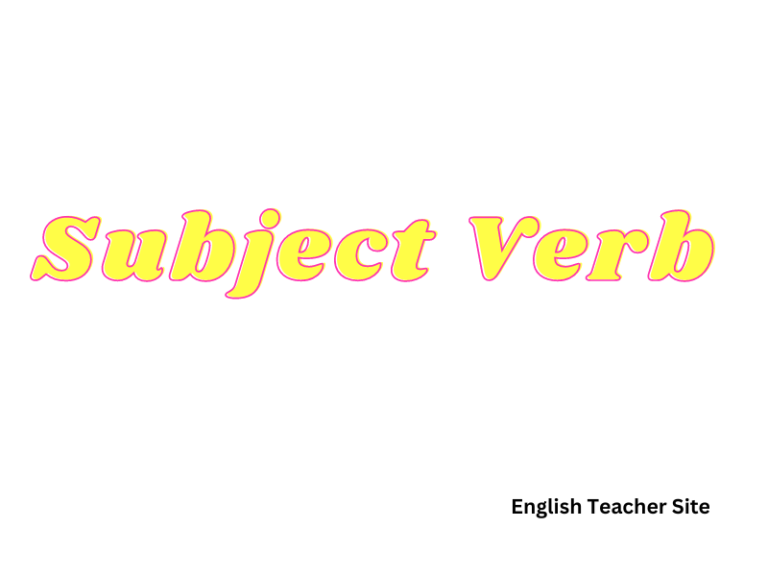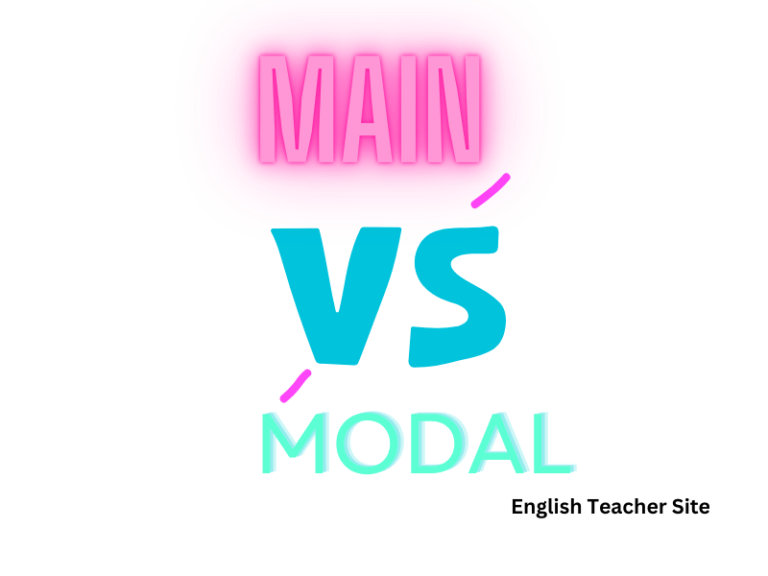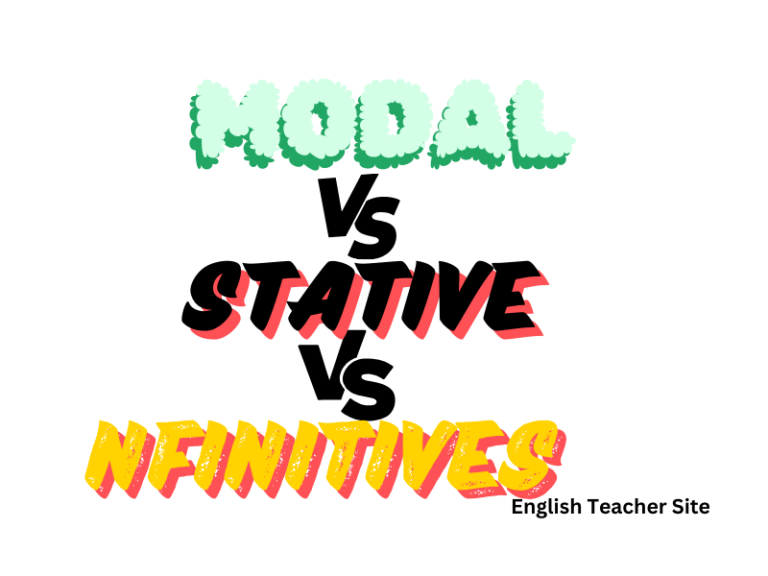Whats the Past Tense and Past Participle Form of Sit: A Guide to Verb Conjugation
The simple past tense form of “sit” is “sat.” This form is used to describe an action that has been completed at a definite point in the past. It remains the same irrespective of the subject. The past participle form is also “sat,” which might be used in perfect tenses. For instance, it is utilized…

